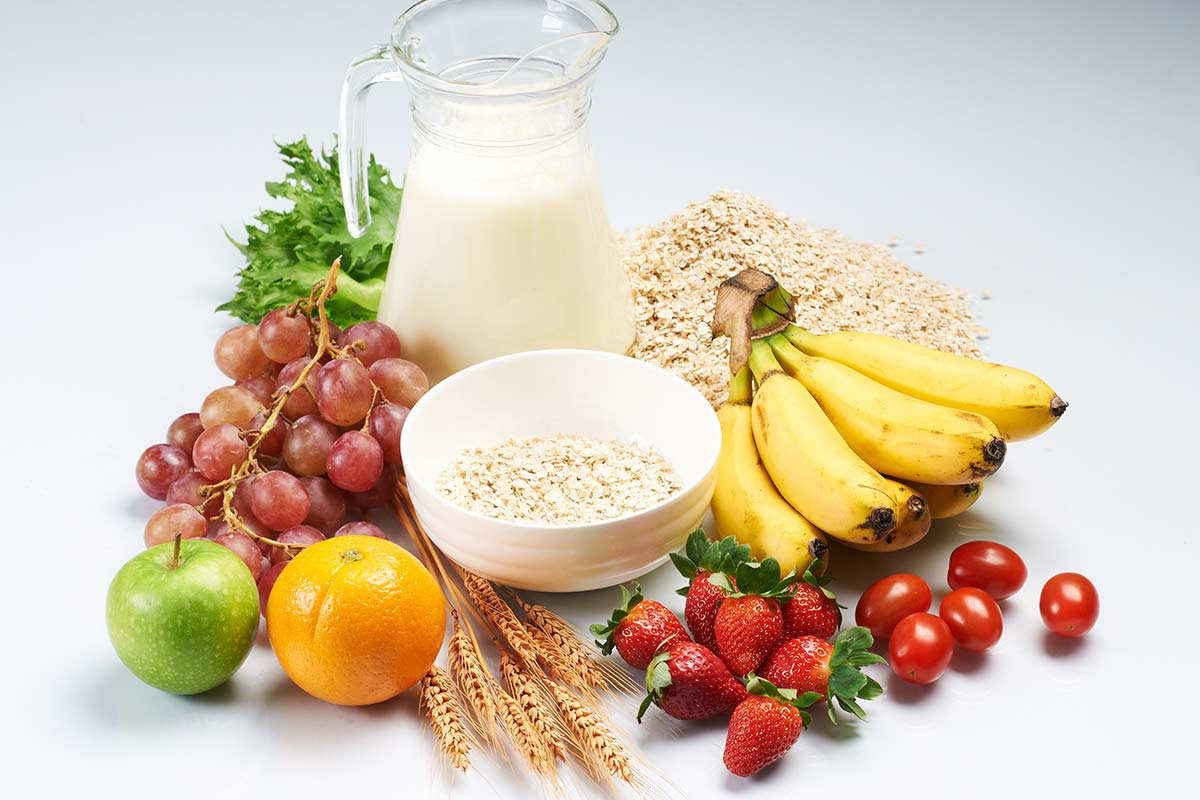Table of Contents
How Much Protein Per Day to Build Muscle: When it comes to building muscle, protein plays a crucial role in the process. Whether you’re a seasoned athlete, a fitness enthusiast, or someone starting their muscle-building journey, understanding how much protein you need daily is essential to achieve your goals effectively and efficiently.
The Importance of Protein for Muscle Building
How Much Protein Per Day to Build Muscle Proteins are the building blocks of our bodies. They are made up of amino acids, which are essential for repairing and building muscle tissue. During intense exercise, muscle fibers break down, and adequate protein intake helps repair and strengthen these fibers, leading to muscle growth over time.
How Much Protein Per Day to Build Muscle?
When determining the ideal protein intake for building muscle, it’s important to consider factors such as age, gender, activity level, and fitness goals. The American College of Sports Medicine (ACSM) and the Academy of Nutrition and Dietetics recommend that individuals engaging in regular strength training and aiming to build muscle should consume around 1.2 to 2.2 grams of protein per kilogram of body weight per day. For those who are working out intensely or participating in endurance training, the upper end of this range may be more appropriate.
Factors Affecting Protein Requirements
- Body Weight and Composition: Protein requirements vary based on body weight, with individuals with higher body weights generally requiring more protein to support muscle development and repair.
- Physical Activity Level: Those with a highly active lifestyle or involved in intense workouts may need more protein to facilitate muscle recovery and growth.
- Age: As we age, our bodies may become less efficient at utilizing protein, necessitating a slightly higher intake for older individuals.
- Fitness Goals: Different fitness goals, such as muscle gain or fat loss, may influence protein needs. When building muscle, a higher protein intake is typically recommended.
- Training Intensity: The intensity and duration of workouts can impact protein requirements. High-intensity training may warrant a higher daily protein intake.
Protein Sources for Muscle Building
Achieving the optimal protein intake can be accomplished by incorporating a variety of protein-rich foods into your diet. Consider the following sources:
- Lean Meats: Chicken, turkey, beef, and pork are excellent sources of complete proteins.
- Fish: Salmon, tuna, and other fatty fish are not only rich in protein but also provide essential omega-3 fatty acids.
- Dairy Products: Greek yogurt, cottage cheese, and milk are rich sources of protein and often contain additional nutrients like calcium.
- Plant-Based Proteins: Legumes, lentils, chickpeas, tofu, and tempeh are valuable protein sources for vegetarians and vegans.
- Eggs: A versatile protein source that contains all nine essential amino acids.
The Role of Protein in Muscle Building
Proteins are composed of amino acids, which serve as the building blocks for muscles and other tissues in the body. When you engage in strength training or resistance exercises, you create tiny tears in your muscle fibers. Protein plays a crucial role in repairing and rebuilding these fibers, making your muscles stronger and larger over time.
Additionally, consuming protein-rich foods before and after workouts can enhance muscle protein synthesis and improve recovery, maximizing the benefits of your training efforts.
Wrap up with fruit and milk.
Remember, what you eat on a typical day is much less important than what you eat during your weekly challenge days, and it’s those times that should dictate what you eat for each of our mini-meals. Also, try to limit your intake of processed foods. Cut out sodas, sugary snacks, refined grains, trans fats, and alcohol for maximum results.
Frequently Asked Questions (FAQs) for How Much Protein Per Day to Build Muscle
Q: Is it necessary to consume protein immediately after a workout?
A: While consuming protein after a workout can be beneficial, the timing is not as critical as once believed. As long as you meet your daily protein needs, your muscles will still recover and grow, even if you don’t consume protein immediately after exercising.
Q: Can I build muscle on a plant-based diet?
A: Absolutely! Plant-based diets can provide sufficient protein for muscle building. By incorporating a variety of plant-based protein sources, such as legumes, tofu, and quinoa, you can meet your protein requirements.
Q: Can consuming too much protein be harmful?
A: Consuming excessively high amounts of protein over an extended period can strain the kidneys and lead to potential health issues. It’s essential to strike a balance and stay within the recommended protein range for your body weight and fitness goals.
Q: Are protein supplements necessary for muscle building?
A: Protein supplements can be convenient for individuals struggling to meet their protein needs through whole foods alone. However, whole food sources should be prioritized whenever possible, as they provide a broader range of nutrients.


One thought on “How much Protein Per Day to Build Muscle”